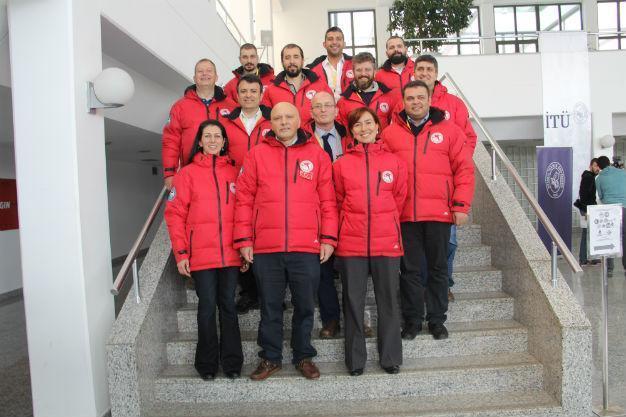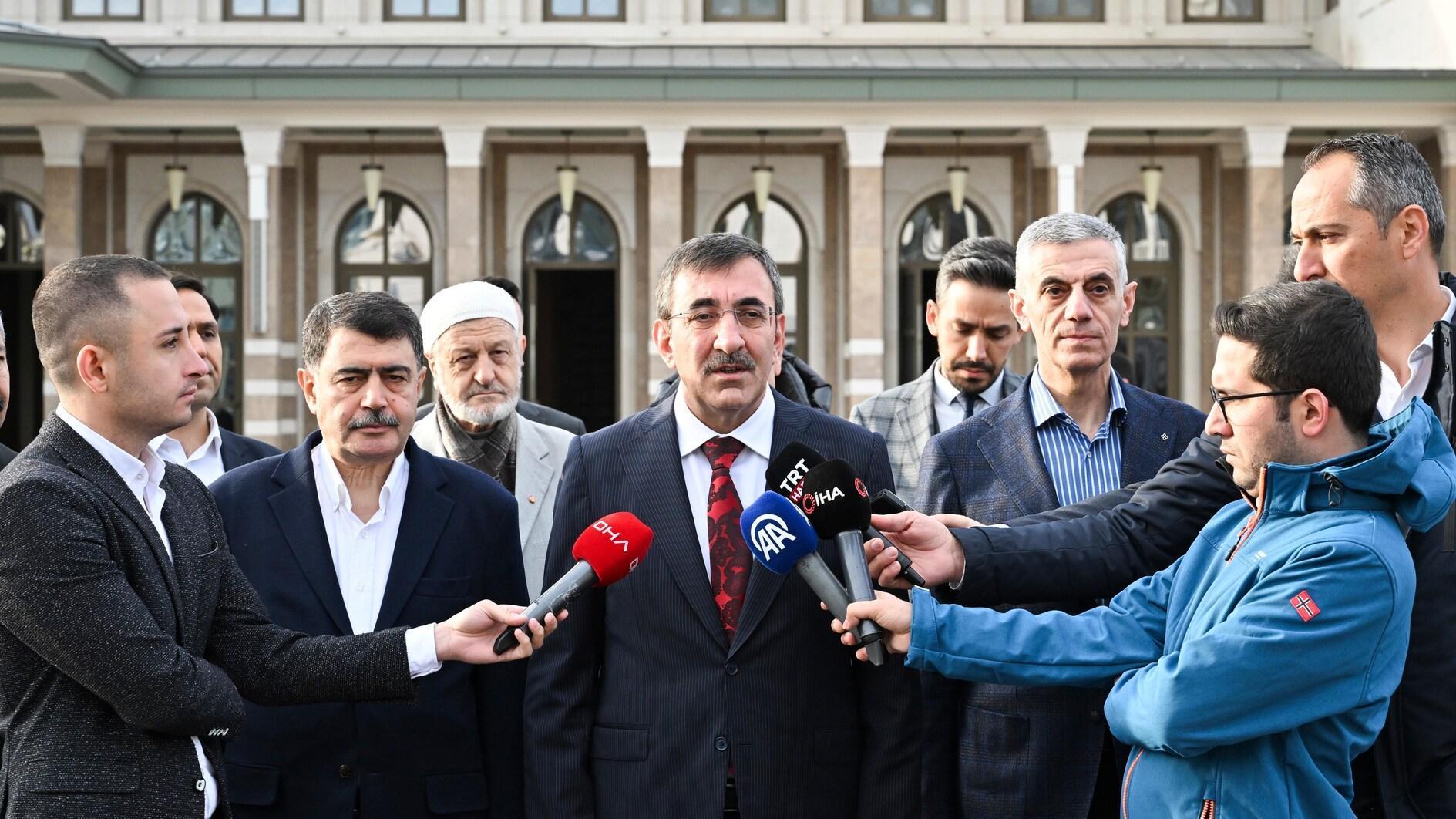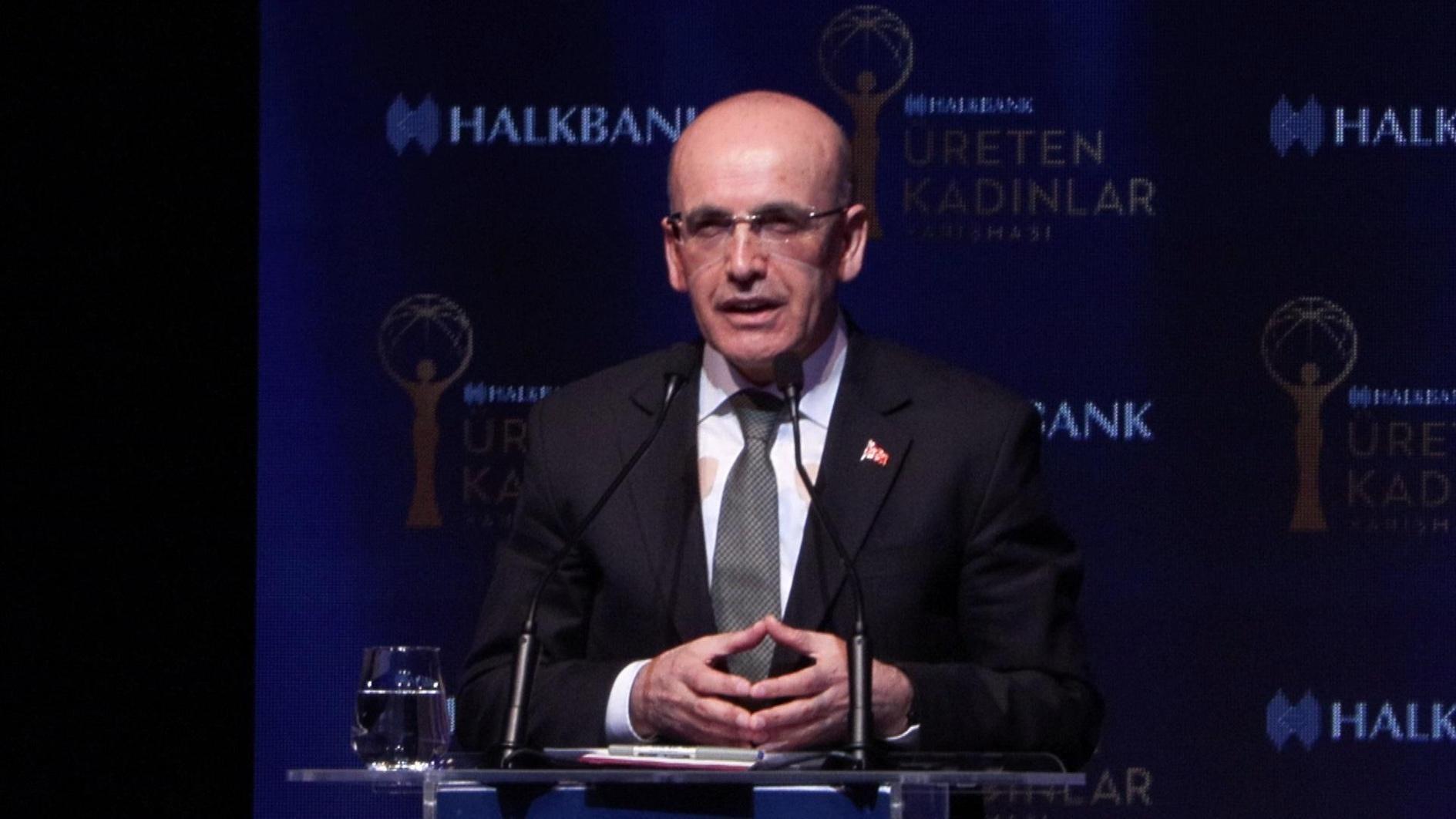Turkish scientists head for maiden Antarctica mission
ISTANBUL
 A crew of Turkish academics and researchers set off on a journey to Antarctica on March 29, for the country’s first scientific mission on the continent.
A crew of Turkish academics and researchers set off on a journey to Antarctica on March 29, for the country’s first scientific mission on the continent. The 14-person team, which has two female members and includes academics from Istanbul Technical University (İTÜ), Istanbul University, Erciyes University, Çanakkale Onsekiz Mart University, Marmara University, Kocaeli University, Çukurova University and the Scientific and Technological Research Council of Turkey (TÜBİTAK), will conduct research in areas such as climate change and marine pollution for three weeks.
During the scientific journey, the team of doctors, botanists, survey and geology engineers and marine science experts will conduct research on a 75-square-kilometer area of Antarctica. The team will be hosted in Ukraine’s scientific research base and research climate change, glaciers, unfamiliar species, pollution, nautical biodiversity, preservation areas, sea mammals and botany.
The first steps toward long-term cooperation with Ukraine in Antarctica, which comes after a deal signed last year between the Ukraine National Antarctica Science Center (NASC), the İTÜ Polar Research Implementation and Research Center (PolReC) and the Turkish Marine Research Foundation, will be taken in this journey.
Speaking to daily Hürriyet at a press meeting in İTÜ before the start of the journey, İTÜ Rector Prof. Mehmet Karaca said the aim was to set up a permanent base in Antarctica.
“Plenty of people have been to Antarctica from Turkey in the last 40 years. However, this is the first initiative of Turkish universities. This will be an experience that will last for a couple of weeks, but our aim is to be in Antarctica for longer. Starting from the beginning of June, we want to set up a permanent base on the continent,” said Karaca.
The rector said the research projects will not be solely on botany or mammals.
“They also include space research,” said Karaca. “Antarctica is one of the most exceptional places where space can be observed from. We will try to observe the changes in the poles. We have chosen people who have only worked in this area before. We had an advisory committee in the Polar Research Center. Other universities have also volunteered and we included researchers from them to the team.”
The team’s leader, Prof. Bayram Öztürk from Istanbul University, who is going to Antarctica for the third time, said the team will travel with a ship via Argentina, adding the crew will be back on April 20. He also emphasized the team needed support from the public.
Commenting on the journey, PolReC head Assoc. Prof. Burcu Özsoy Çiçek said the team will make observations from above the ship and work on the change in sea ice.
“We will try to determine whether the results of climate change in that part of the world can be observed. The jackets [we will wear] have been specially made. We have more of these clothes. We have all the necessary equipment, including jump suits, boots, thermal underwear, hats, gloves etc. We have undergone medical checkups and we are ready as a team,” Çiçek said.
Prof. Hasan Birol Çotuk from Marmara University, a doctor, said he mostly does research about human performance and more specifically on people’s adaptation to physically, psychologically and socially tough environmental conditions.
Stressing the importance of Antarctica in terms of the aforementioned research subject, Çotuk said that he will do research on how the team will adapt to the changes in weather conditions.
“This kind of research is a pioneer in the space life science efforts,” Çotuk said.
“If Turkey wants to train astronauts one day, it should have made such research and had the experience. Antarctica is the most similar setting to space in the world. A lot of countries do some of their space research in Antarctica,” he said.
















